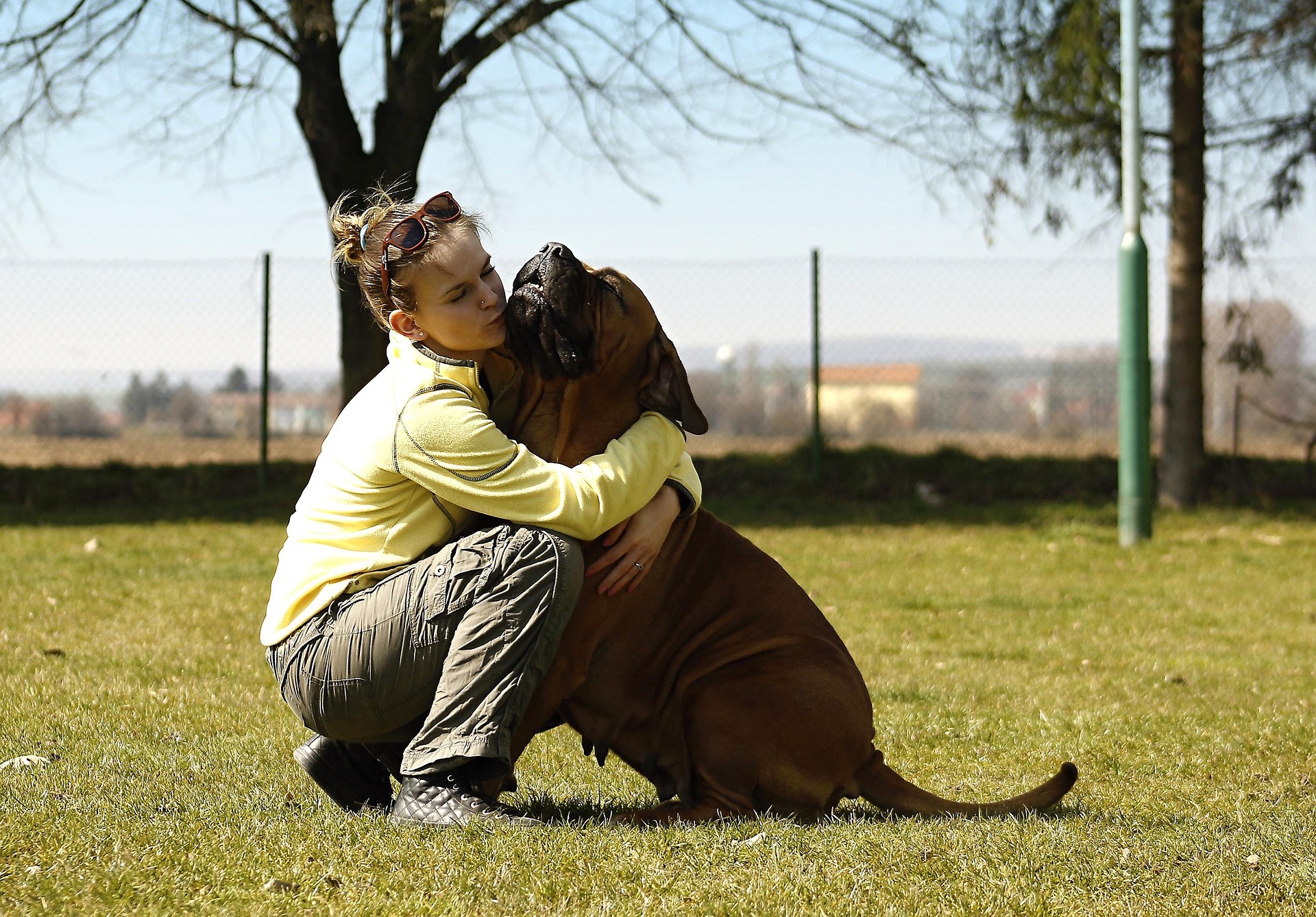As dog owners, we want nothing but the best for our furry friends. We invest in healthy, nutritious foods, help them get the exercise they need, and take them to the vet when they’re not feeling well. But there’s another part of the equation that dog owners need to bear in mind: ensuring their pup is mentally stimulated.
Just like people, dogs can get bored, depressed, or anxious. And while our dogs can help themselves to an extent, it’s ultimately up to us to make sure they’re getting the stimulation they need to live happy, fulfilling lives.
In this guide, we’re exploring why mental stimulation is so vital for your dog’s well-being, and providing tips for dog owners to help support their pups’ mental health.
Understanding Mental Health in Dogs
If you’ve ever dealt with bouts of mental health challenges, you know just how difficult it can be. But while we have the ability to talk about it with friends, seek help from a professional, or benefit from the countless mental health resources out there, dogs don’t have the same luxury. Instead, dogs that are suffering from under-stimulation and boredom might lash out with less-than-ideal behaviour, including:
- Destructive behaviours (e.g., chewing on furniture and other belongings)
- Excessive barking
- Making messes at home (e.g., knocking over the garbage can on purpose, digging holes in the yard, etc.)
- Extreme overexcitement when you return home
- Neediness and begging for attention
- Restlessness
- Excessive licking
- Running away from home
- Fighting with other pets
While these aren’t necessarily signs of under stimulation, they’re very common symptoms to be on the lookout for. If you notice these behaviours, there’s a good chance that focusing on providing more (or different) mental stimulation will help reduce or even eliminate them. There are other benefits of doing this besides better behaviour, though. These other positive effects might include:
- Improved mental health overall
- Sharper cognitive function (especially as your dog ages)
- Higher confidence with people and other animals
- Reduced stress, anxiety, and fear
- Less hyperactive behaviour
- Improved cognitive development in puppies
- A strengthened bond with your dog
Giving Your Dog the Stimulation They Need
Now that we understand how vital mental stimulation is for your pup, there’s the matter of implementing it in your daily routine. The truth is, there’s no single best way to mentally stimulate your dog. However, there are a few key principles that should help you find what works best.
The first thing to keep in mind is your dog’s breed. Different breeds often have different intrinsic natures, particularly in dogs that were bred for a specific job. These dogs were specifically bred for very particular skills and instincts, and if their skillset isn’t used, it can lead to boredom, bad behaviour, and more. Here are a few working dog breeds that have more specific stimulation needs than some others:
- Retrievers: Bred to retrieve animals for hunters
- Stimulation Idea: Fetch
- Shepherds: Bred for herding and moving flocks of sheep
- Stimulation Ideas: Fetch, tug of war, ball games
- Terriers: Bred to hunt rodents
- Stimulation Idea: Chasing a ball or moving toy
- Great Pyrenees: Bred to protect livestock
- Stimulation Idea: Playing with other animals
- Mastiffs: Bred to protect people
- Stimulation Idea: Leisurely walks with their people
- Beagles: Bred to follow scent trails
- Stimulation Ideas: Hide and seek, “Go Find It!” games with toys
- Newfoundland: Bred to swim and help fisherman
- Stimulation Ideas: Swimming, fetch in the water
Even if your dog doesn’t have a deep, instinctive lineage like these breeds, it’s important to consider their favourite activities when you think up ways to stimulate their minds.
Tips to Keep Your Dog Engaged and Happy
Perhaps your dog doesn’t have breed-specific traits to stimulate, or maybe they just don’t seem that interested in the activities you’ve been experimenting with. Here are a few other ways to try and engage your dog’s mind and keep them mentally stimulated.
Hide and Seek
Although particularly great for scent hounds and hunting dogs, lots of breeds love playing hide and seek and will pick up on the rules surprisingly quickly. It’s easiest if your dog knows how to “Stay”, but you can still do it with another person to keep them still while you hide. Once you’re hidden, call your dog to find you. Once they do, be sure to reward them with a treat or lots of love!
“Go Find It”
This game is similar to hide and seek, only your dog will be looking for a toy or treat instead of you. Either have your dog stay or keep them in place some other way, then stash a few treats or toys that your dog likes around the house. Once that’s done, tell your dog to “go find it”, and set them on the hunt! It’s best to start easy with this game, hiding the treat in an obvious spot and working your way up to more challenging hiding places.
Scent Walk
Once in a while, take your dog on a walk where they pick the route. Take your time, allowing them to sniff anything they want (as long as it’s safe), and make decisions about where to go next. Sniffing has been shown to produce dopamine in dogs, meaning it literally makes them happy to smell things out in the world. While it might not be practical to do this for every walk, even doing it once a week can be a great way to stimulate your dog’s mind.
Training
Training not only tires out your pup and teaches them new skills, but it’s also one of the best ways to enrich their mind. Most dogs love picking up new tricks and abilities, and the praise and love you give them for succeeding will make them feel even more happy and fulfilled. Even 10 minutes of training a day can provide incredible stimulation for your pup. Always use positive reinforcement (such as praise, treats, and affection) when training your dog to ensure it always feels fun.
As you can see, caring for your dog is about so much more than their physical health. Their mental well-being is arguably just as important. Fortunately, it doesn’t take too much to stimulate your pup and enrich their mind. These ideas are a great place to start, but if you’re looking for specific advice for your dog and their breed, a veterinarian can be an excellent resource.
Creative Commons Attribution: Permission is granted to repost this article in its entirety with credit to Hastings Veterinary Hospital and a clickable link back to this page.






